? Ask us your questions
Share on social networks
FREQUENTLY ASKED QUESTIONS ABOUT DIGESHELP
TO KNOW MORE
Immune function, Skin and vitamin C
Vitamin C (ascorbic acid) is an important nutrient and plays a key part in nutrition and the maintenance of human health, especially for the optimal functioning of the immune system .
Diet is an important factor to maintain vitamin C levels . The intake of fresh fruit (especially citrus and blackcurrants ) and green vegetables are rich sources of vitamin C. Liver (contains 10-40mg per 100g), kidneys and heart are good sources, and breast milk provides sufficient ascorbic acid for nursing infants. However, cow's milk preparations are a poor source due to oxidation and losses during processing.
What is the activity of vitamin C?
Vitamin C has got a direct antioxidant capacity and contributes to protecting cells from the harmful effects of oxidative free radicals , for example during immunological activation or when our skin is exposed solar radiation. The human body actually counts on layers of fatty acids , especially skin and intestinal or lung epithelium, which are susceptible to oxidation. Vitamin C is involved in the well-being of these structures .
Evidence also suggests that vitamin C provides an indirect antioxidant effect by regenerating other biologically important antioxidants such as glutathione and vitamin E to their active state.
Vitamin C is highly concentrated in immune cells like white blood cells and in skin cells.
In the skin, it participates in the repair processes and in the formation of collagen , which not only favors a better appearance (in terms of wrinkles), but also maintains the skin structure, the first immunological barrier against external aggressions .
In immune cells (for example white blood cells ) its concentration is 50 to 100 times higher than that in blood, and this fact details a relevant role in maintaining phagocytosis and the regulation of oxidation to face possible aggressive agents.
Refrances
- Gombart, A. F. (2020). A Review of Micronutrients and the Immune System–Working in Harmony to Reduce the Risk of Infection. Nutrients.
- Carr, A. C. et al (2017). Vitamin C and Immune Function. Nutrients.
- Cosgrove, M. C. et al (2007). Dietary nutrient intakes and skin-aging appearance among middle-aged American women. Am J Clin Nutr.
- European Food Safety Authority (2006). Tolerable Upper Intake Levels for Vitamins and Minerals.
- Wintergerst, E. S. et al (2006). Immune-Enhancing Role of Vitamin C and Zinc and Effect on Clinical Conditions. Ann Nutr Metab.
- Ball, G. F. M. (2004). Vitamins: Their Role in the Human Body









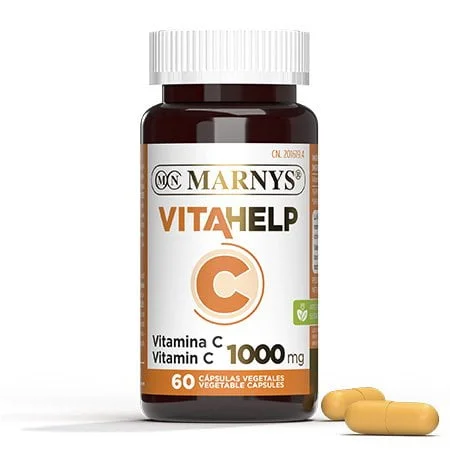

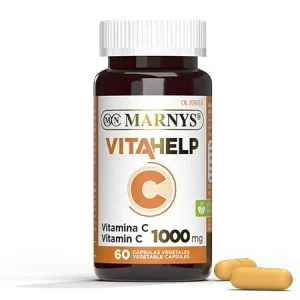
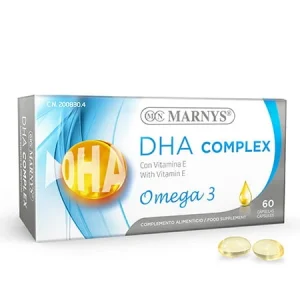
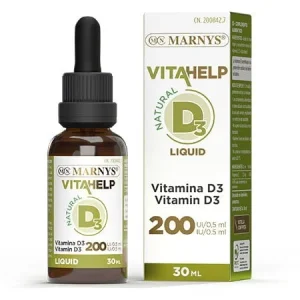















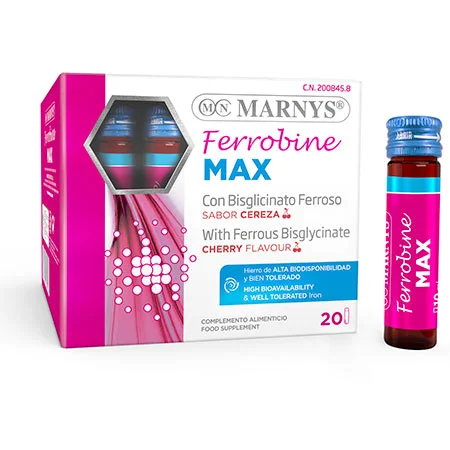

Reviews
There are no reviews yet.